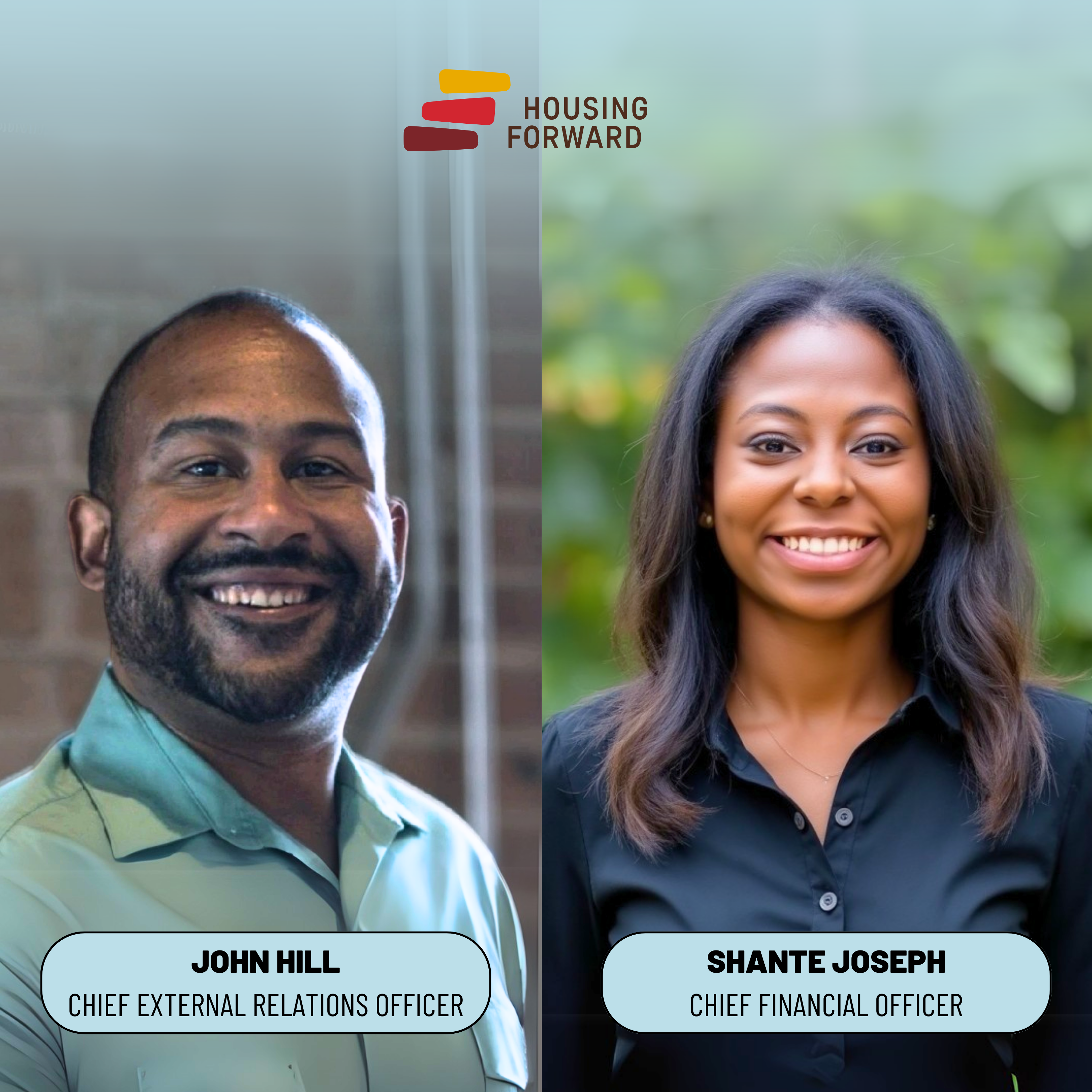Dallas and Collin Counties’ reorganized homeless rehousing system board met for the first time last week, vowing to end homelessness. The group endorsed a plan to effectively end veteran homelessness in 2021, measurably reduce chronic unsheltered homelessness by 2023, and measurably reduce family and youth homelessness by 2025.
In the average American community, more than two dozen discreet systems interact with those experiencing homelessness. In the absence of a well-coordinated and highly efficient governance structure, these systems inevitably lack a collective impact approach, a shared strategic vision, shared outcome measures, and alignment of investments.
To overcome inherent disjointed governance, communities must establish an umbrella approach for a governance structure that drives strategic investments and coordinated action, across all systems that interact with those experiencing homelessness, to achieve shared outcomes.
In the second part of 2020, as part of its system transformation, Dallas and Collin Counties’ homeless rehousing system reorganized itself as the Dallas and Collin Counties’ Homeless Collaborative and reorganized its governance to better fit this umbrella approach.
Its new governing board includes a diverse group of talented and enthusiastic leaders, each individual empowered to make the necessary decisions and ready to make an impact. The 27 members, four of whom are from Collin County, were carefully chosen to represent all systems and entities that interact with those experiencing homelessness. These include the faith and business communities, the physical and mental health systems, public housing and workforce systems, city and county governments, and individuals experiencing homelessness.
On February 25, 2021, the new Homeless Collaborative Board held its inaugural meeting, under the leadership of its new chair, Ashley Brundage, Executive Director of Housing Stability & Senior Vice President of Community Impact, at United Way of Metropolitan Dallas.
“We are determined that every person experiencing homelessness will have access to an appropriate pathway out of homelessness. Pathways will be scaled to meet demand and targeted to meet the needs of specific populations, accountability and success will be demonstrated using data, and engagement and transparency will be central to our collective efforts,” Brundage said. “Through collaboration we will make homelessness in Dallas and Collin Counties rare, brief and nonrecurring. Together, we can do this.”






